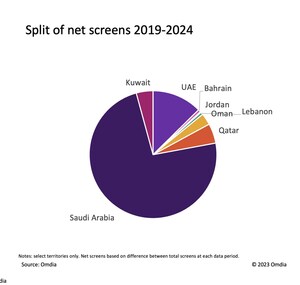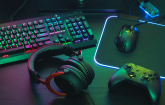In abandoning this template and distilling everything that defines console gaming into a portable form factor, Switch set a new standard for everything that would follow. 2022's Steam Deck successfully pulled off the same feat but with PC gaming, utilizing Steam's games library for software support. Steam Deck's success opened the doors to a new product category: the PC gaming handheld. Hardware makers such as ASUS and Lenovo have since released their own devices.
Handhelds powered by streaming, such as PlayStation Portal, have followed. Like Steam Deck, the Portal also extends an existing platform (PS5), by offering the convenience of playing away from a stationary TV or monitor. Platform holders hope to utilize the flexibility offered by handhelds to increase engagement and spend within their ecosystems.
"Gone are the days when handheld consoles stood as a solitary segment within the gaming market", commented James McWhirter, Senior Analyst at Omdia. "Handhelds today now coexist adjacent to PC, console, and mobile platforms.
"Makers of handheld gaming PCs will face challenges absent in gaming notebooks and desktops," comments McWhirter. "With Valve leading with its own first-party Steam Deck device, the difficulty of building a new hardware business without controlling the software ecosystem must not be understated."
The market for gaming handhelds is more vibrant than ever before, with plenty of emerging competition though new entrants will require a clear focus to progress. Omdia's Games Handhelds Database helps unravel handheld gaming's newfound complexity, sizing all key devices and market categories, forecasting value, volume, and installed base to 2028 across key territories.
ABOUT OMDIA:
Omdia, part of Informa Tech, is a technology research and advisory group. Our deep knowledge of tech markets combined with our actionable insights empower organizations to make smart growth decisions.
Fasiha Khan [email protected]
SOURCE Omdia








Share this article